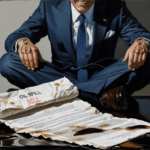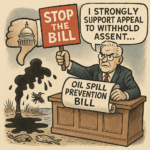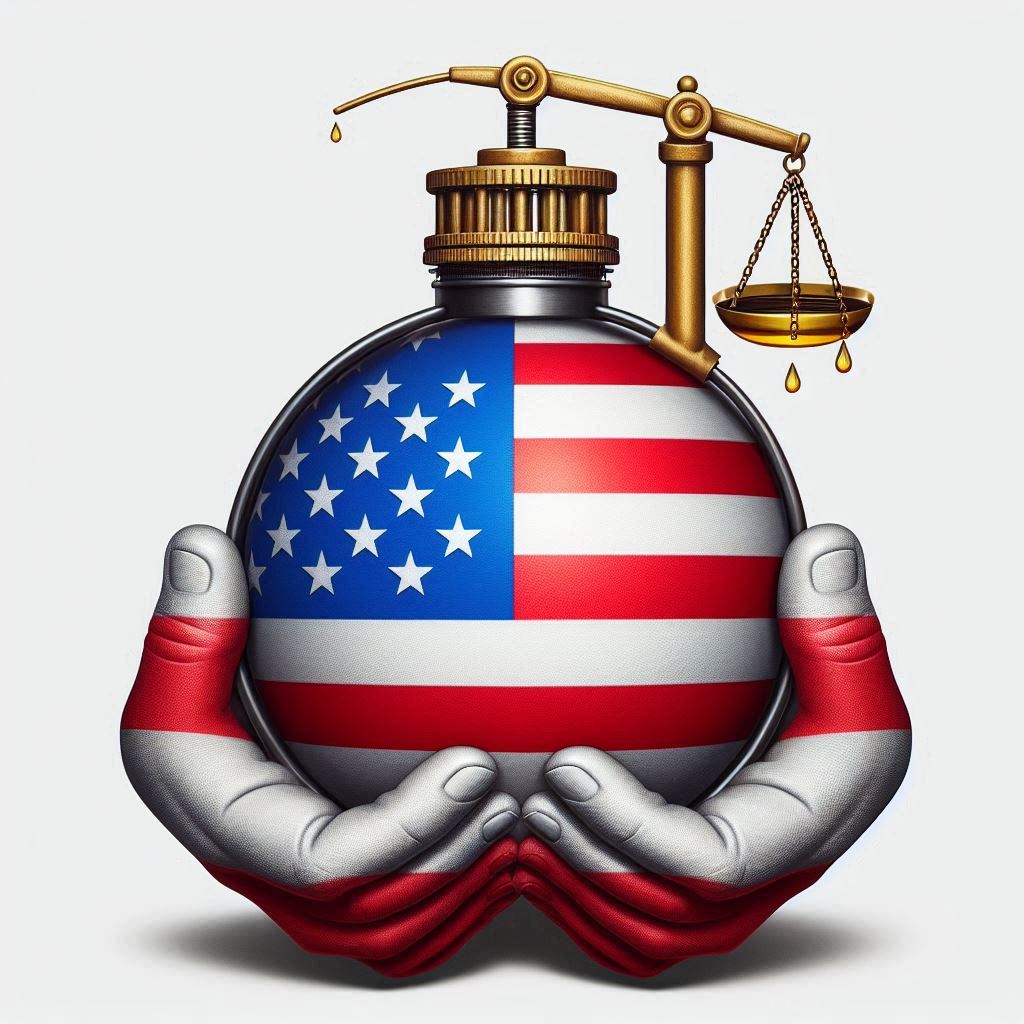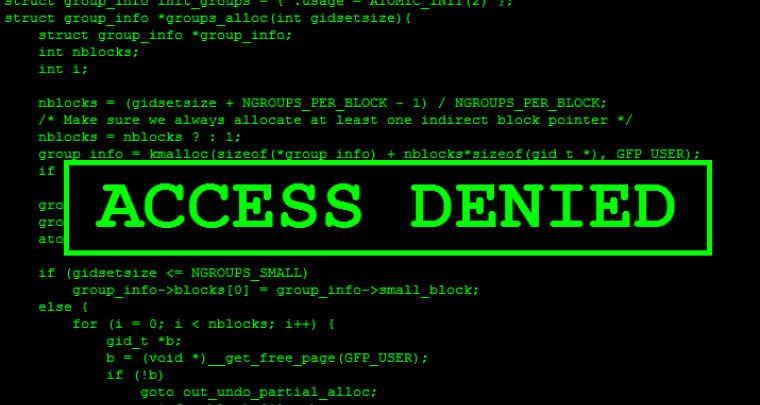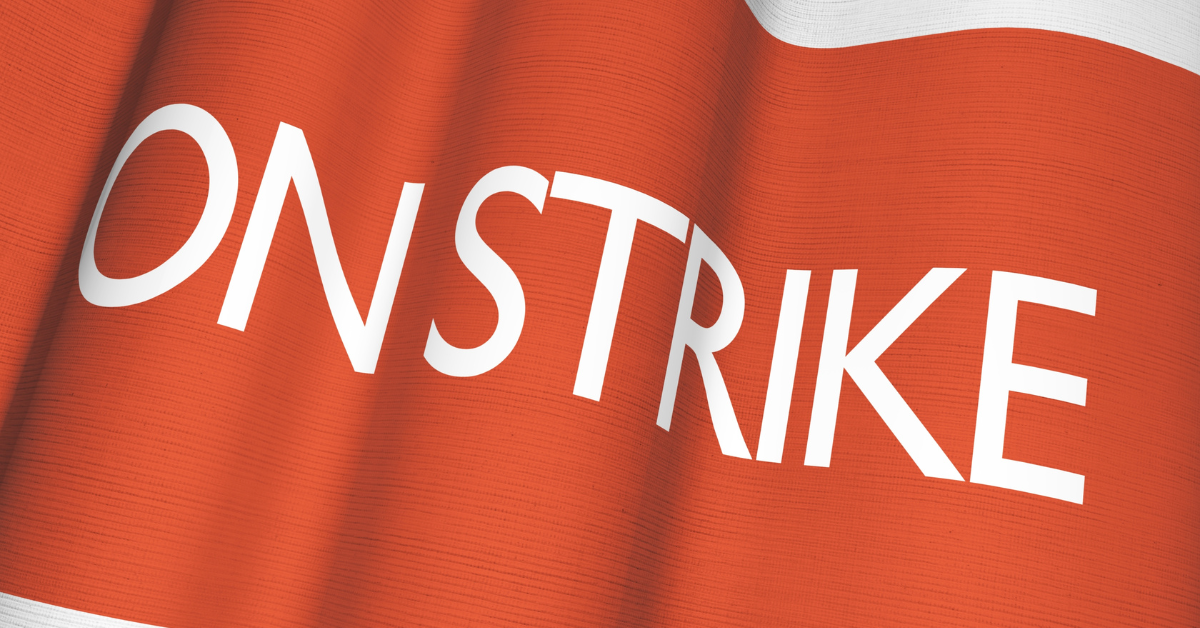Now that the President has assented to the Oil Spill Bill against all sound advice, including that of the Oil & Gas Governance Network (OGGN), we must not succumb to the consequences without asking for the surety, which I rate as the unspoken defence the Government thinks they have if they are taken to court.
“Surety” in the legislation is defined as any person other than the responsible party, who provides evidence of financial responsibility for a responsible party under the Act.
Section 28 provides for claims against a surety. Let us be clear here. The responsible party is the operator, ExxonMobil Guyana Limited (EMGL), a company registered in The Bahamas, whose liability is limited. Therefore, civil society always asked for a parent company guarantee in case EMGL could not meet the bill of a massive spill. The parent company is ExxonMobil with whatever deal they have with Hess and CNOOC. Surely they must be the “surety”.
Former EPA head, Dr Vincent Adams, has repeatedly stated that the parent company guarantee he was about to get at the end of his tenure never materialized after the change of government in 2020. When pressed, the Government sought to confuse the issue with insurance, among other things, which only has limited reach in current practice. Recognising this, Collins & Whyte of Transparency Institute Guyana Inc (TIGI) acted out the responsibility the constitution gives to citizens and took the matter to court to ask for this parent company guarantee – and Justice Sandil Kissoon unambiguously ruled in their favour. Astonish-ingly, the Govern-ment joined the oil companies against its own citizens in appealing the decision, and so far shows no indication of relenting from the appeal in spite of this oil spill Act.
Section 21 forbids agreement to transfer the liability of the responsible party (EMGL). This cannot nullify any surety document without making nonsense of the Act. It is like unto a child that accidentally causes damage or injury to another beyond the capacity of the child to repair. Section 21 should be interpreted as not allowing the child to escape responsibility, while section 28 allows claims against the parent of the child. Since we are dealing with corporate persons here, section 28 must create a legal instrument which is the evidence of financial responsibility of the parent for the child. The parent can be any person, but it only makes sense for ExxonMobil and the other oil companies involved to be the parent if the child is EMGL.
The definition of surety requires that evidence of the financial responsibility for a responsible party be provided. The logical place for such an instrument to be laid in this country is the Deeds and Commer-cial Registries Authority (DCRA), who must be the Competent National Authority of section 27 to whom such evidence must be laid. Since the President has taken the mighty step of assenting to the Oil Pollu-tion Prevention, Preparedness, Response and Responsibility Bill, I have written the DCRA via their website, which designates me as a valued customer, to ask for access to the financial responsibility document. I got an immediate response thanking me for my message.
I find it remarkable that the Attorney-General’s Chambers attempted to refute the naysayers to the Bill without ever mentioning section 28. This leads me to suspect that the evidence of the surety I am asking for will be as elusive as the tax certificate the PSA requires the GRA to issue to the oil companies after we pay their taxes. For section 28 is the only thing in the legislation that could allow government representatives to claim unlimited guarantee is provided. Let us see if it is a fig leaf or a suit of armour.
Yours faithfully,
Alfred Bhulai
Access to Information Advocate




